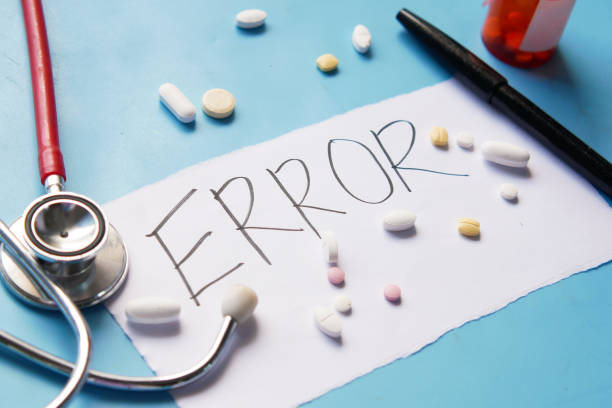As an independent community pharmacist, listening is a fundamental part of your job description. Listening is how you earn the trust of those around you, and this trust is essential to your role as a health care professional.
You communicate on a daily basis with your patients, employees, business partners and more, and if you aren’t listening, then you aren’t making the connections you need to grow your business. Being an attentive, empathetic listener will help you gain, and keep, the trust you need to be valued for what you do as a pharmacist.
Here are five suggestions that can help you become a better listener right now.
1. Be present
In conversations, whether it’s a casual chat or a formal counseling session, make sure you give the other person your full attention. Get rid of any external distractions, such as phones or prescriptions you’re working on, and focus on the person talking to you.
Try to get rid of internal distractions too. Turn off the voice in your head keeping track of all the things you need to do that day. If appropriate, take notes to help you focus on what’s being said in the conversation. Giving patients your full attention shows them that you care.
2. Be purposeful in your nonverbal communication
Your nonverbal communication can lead your conversation partner to get the wrong impression, or worse, believe you’re disinterested in listening. Some ways to avoid this include maintaining eye contact, monitoring your facial expression and leaning in toward your conversation partner.
3. Don’t be afraid to repeat
A common technique of great listeners is mirroring—when you describe for the other person what you just heard said. When you’re finished, let the other person confirm. This is a great way to show you’ve been paying attention, and that you care about fully understanding what’s being said.
This is especially useful in counseling or conflict situations. Let patients describe their health concerns or problems in the pharmacy, detail them back to them, and then show how you can help.
4. Ask questions
Asking questions allows you to take on the role of the active listener, making listening more of a two-way experience. Active listening will show that you cared about what was being said, and that you’re interested in learning more.
As your patients, employees or business partners detail their concerns, make mental notes of subjects you might follow up on. Ask the person to clarify or expand. You’ll gain more information to assess the situation, and you’ll further engage yourself and the other person in the conversation.
5. Take action
At the end of the conversation, take a moment to reflect with the other person on next steps. If further action is required from either of you, go over the steps you’ll take. Take this opportunity to make suggestions, and show how you can help.
Most importantly, don’t forget to thank your conversation partner for sharing. Let him or her know you heard what was said and that you value the input.
Being a great listener can make you a great business owner, a great leader and a great pharmacist.












